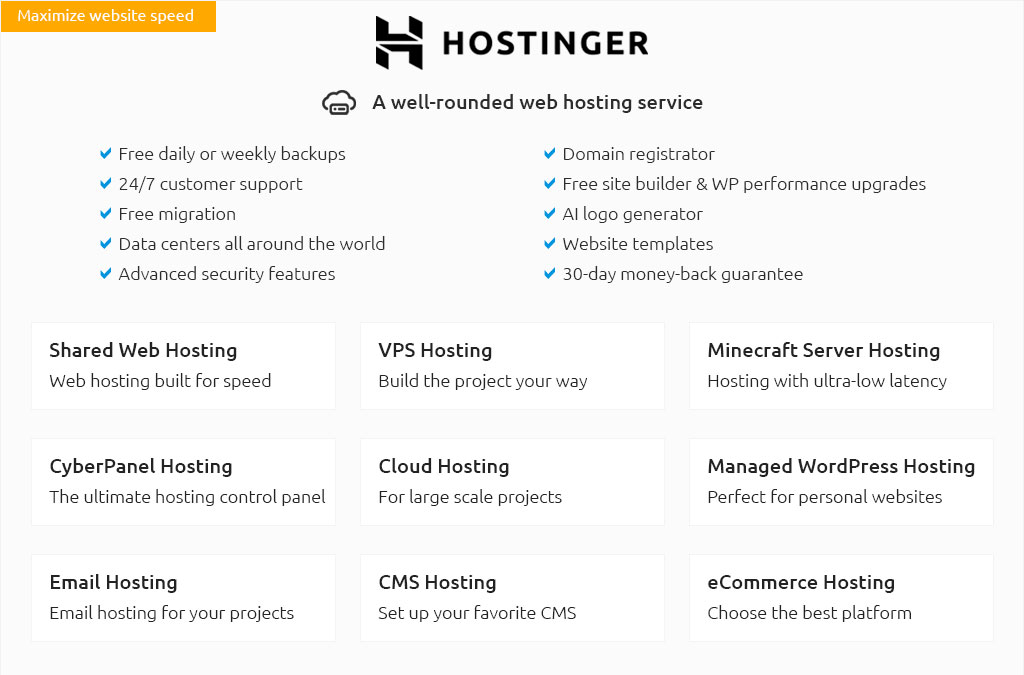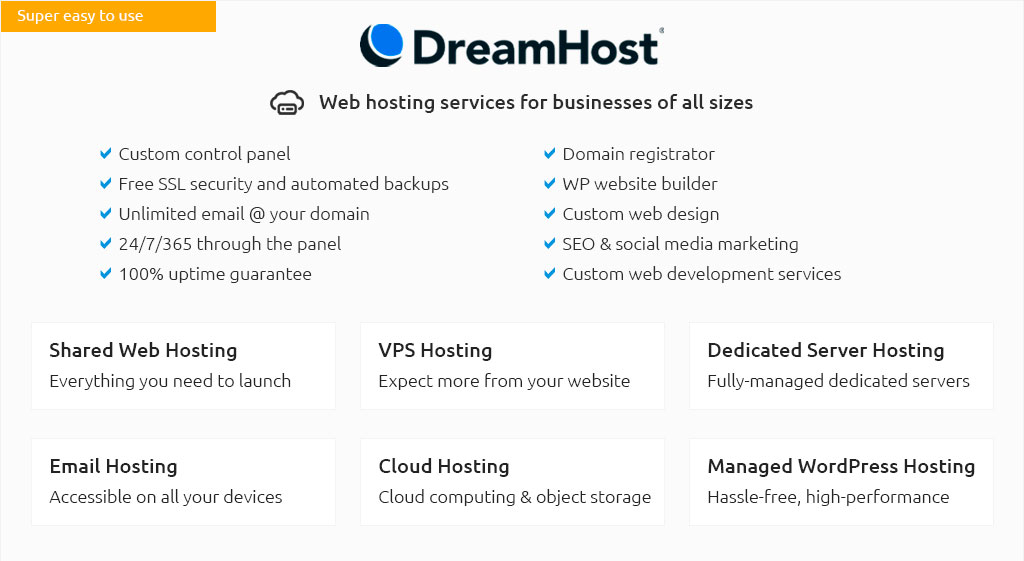 |
|||
 |
 |
 |
|
 |
|
 |
 |
 |
|||
 |
|||
 |
|||
 |
|||
 |
 |
Exploring the Best Server Provider Options: A Comprehensive GuideWhen it comes to selecting the best server provider, individuals and businesses are often faced with an overwhelming array of choices, each offering a myriad of features and pricing plans. As we delve into this topic, it's essential to consider various factors that can influence your decision, such as reliability, scalability, customer support, and cost-effectiveness. In this article, we'll examine some of the leading server providers in the market, highlighting their strengths and potential drawbacks to help you make an informed decision. First on our list is Amazon Web Services (AWS), a titan in the cloud computing space. Renowned for its robust infrastructure and wide array of services, AWS offers unparalleled flexibility and scalability, making it an ideal choice for both startups and large enterprises. Its pay-as-you-go pricing model ensures that you only pay for the resources you use, which can be a significant advantage for businesses with fluctuating demands. However, some users find AWS's extensive range of options overwhelming and its pricing somewhat opaque, requiring careful planning and management to avoid unexpected costs. Next, we have Microsoft Azure, a formidable competitor to AWS, particularly popular among enterprises that rely heavily on Microsoft products. Azure boasts seamless integration with Windows Server, Active Directory, and other Microsoft services, offering a familiar environment for businesses already invested in the Microsoft ecosystem. Additionally, Azure's hybrid capabilities allow for a combination of on-premises and cloud solutions, providing greater flexibility for organizations transitioning to the cloud. While Azure's user interface is generally praised for its intuitiveness, some users report challenges with its complex pricing structure and occasional service outages. Another noteworthy mention is Google Cloud Platform (GCP), which stands out for its cutting-edge technology and strong emphasis on data analytics and machine learning. Google's global network ensures high-speed connectivity and low-latency performance, making it an attractive option for data-intensive applications. GCP's transparent pricing and commitment to sustainability, with its focus on renewable energy, are appealing features for environmentally conscious businesses. However, GCP's market share is smaller compared to AWS and Azure, leading some to question its long-term competitive edge and support ecosystem. For those seeking a more budget-friendly option, DigitalOcean is a popular choice among developers and small to medium-sized businesses. DigitalOcean's straightforward pricing model and user-friendly interface make it easy for users to deploy and manage applications. Its focus on simplicity and developer-centric tools, such as Droplets and Kubernetes, cater to tech-savvy users looking for efficient solutions. On the downside, DigitalOcean's limited service offerings compared to larger providers might be a drawback for businesses needing extensive cloud services.
In conclusion, choosing the best server provider hinges on your specific needs and priorities. Whether you prioritize advanced features, ease of use, cost, or customer support, understanding the unique offerings and limitations of each provider is essential. AWS, Azure, GCP, and DigitalOcean each have their strengths, and the best choice will depend on your individual requirements and future growth plans. https://www.quora.com/What-is-the-best-and-most-affordable-dedicated-server-provider-that-you-have-experience-with
If you are looking for the best price for a dedicated server then as per my experience I would like to suggest Serverwala's dedicated server. I ... https://www.quora.com/What-is-the-best-5-dedicated-server-hosting-providers-of-2021
Bluehost Best for New Websites. Bluehost Pros. - Hostinger Best Pricing ($1.39) Hostinger Pros. - A2 Hosting Fastest Shared Hosting. A2 ... https://www.hostingseekers.com/category/web-servers/dedicated-servers
black-dropdown-icon. HostingSeekers is the ideal platform to find top-rated dedicated server hosting providers. It is a hosting directory that lists thousands ...
|